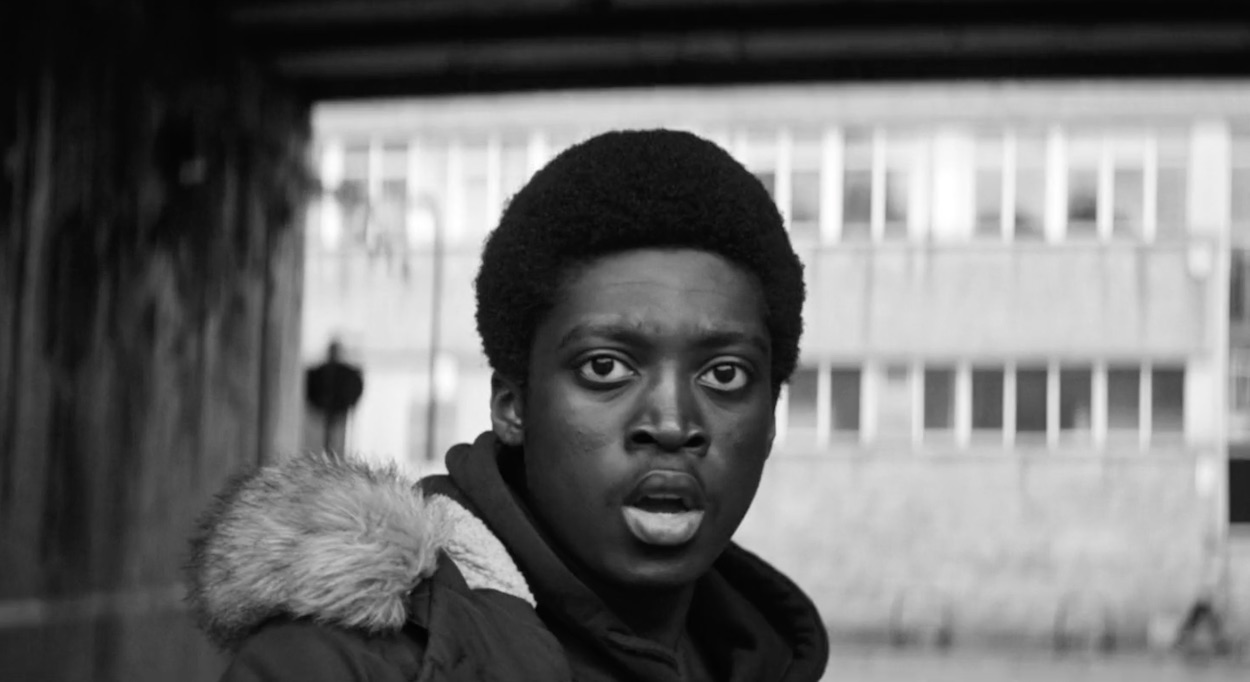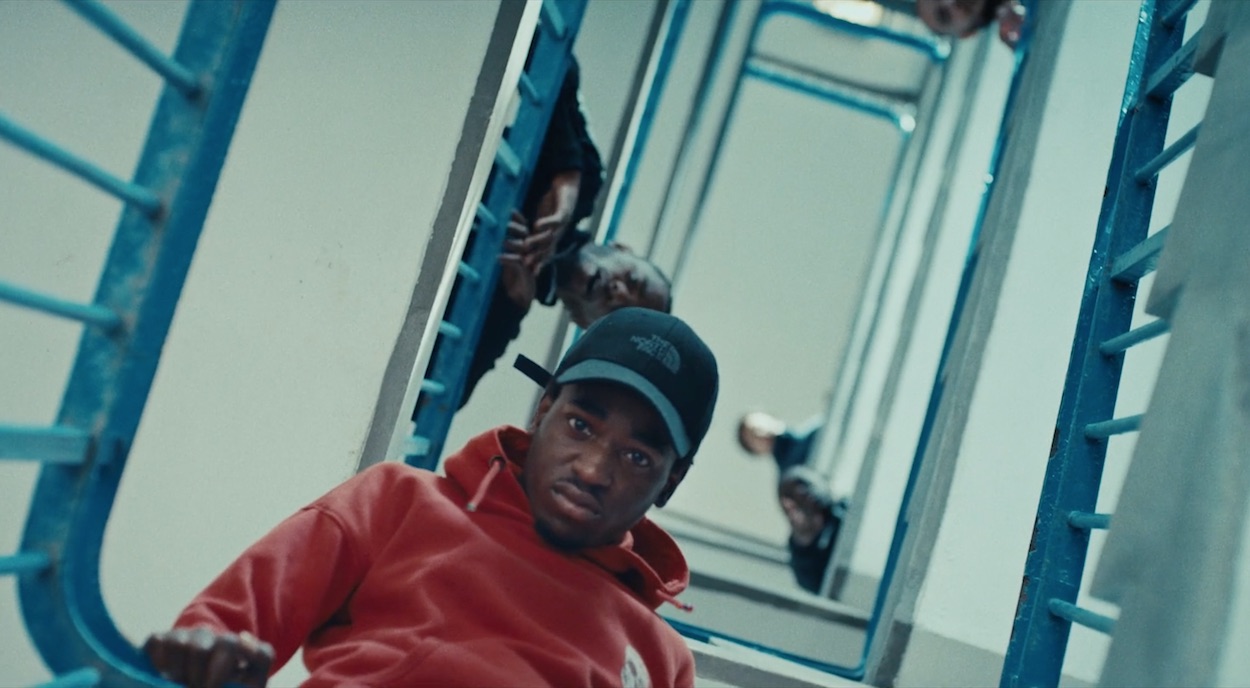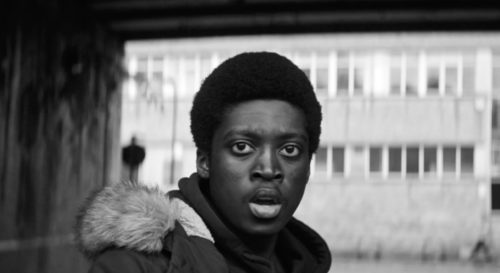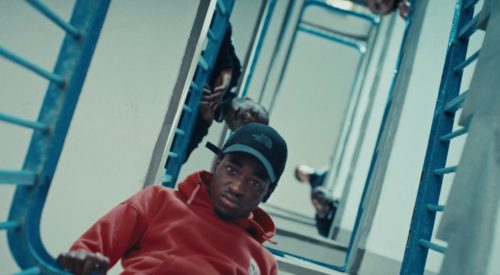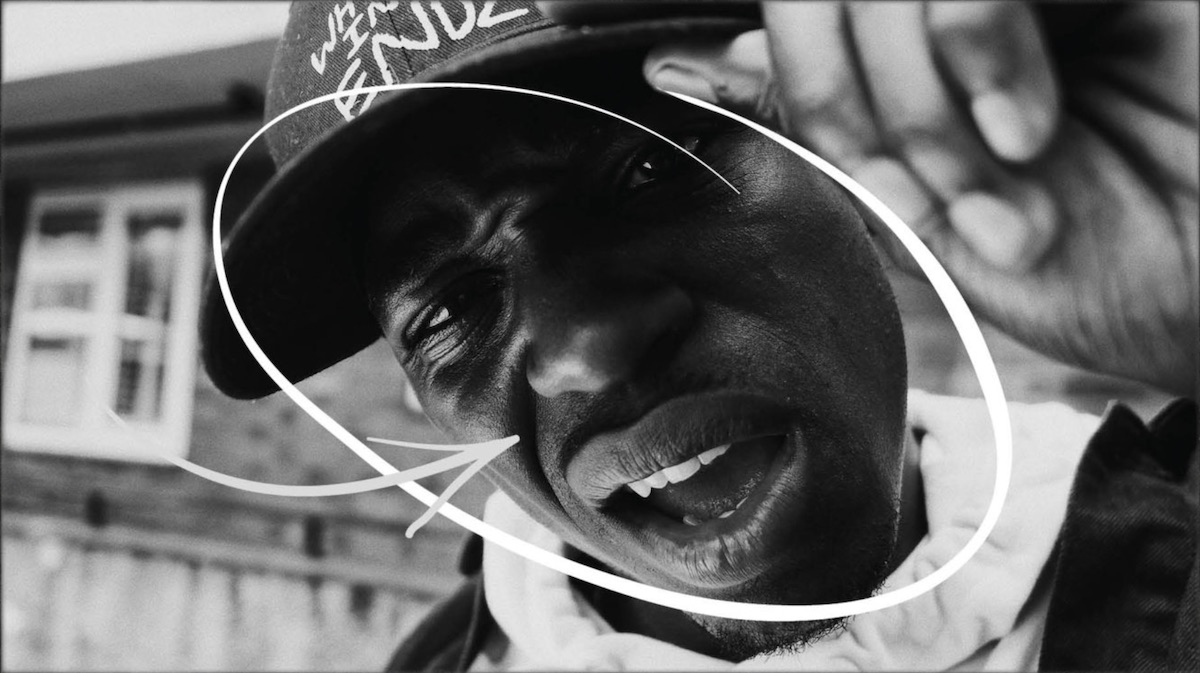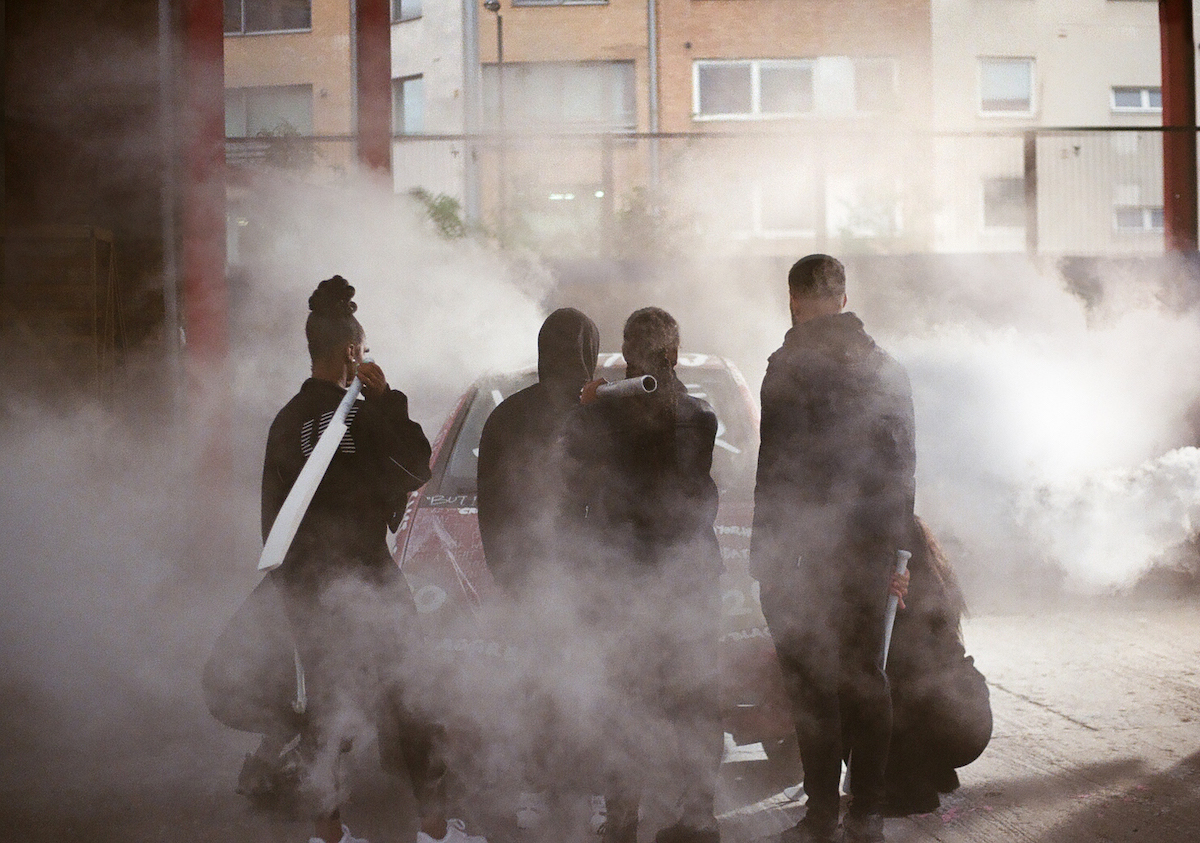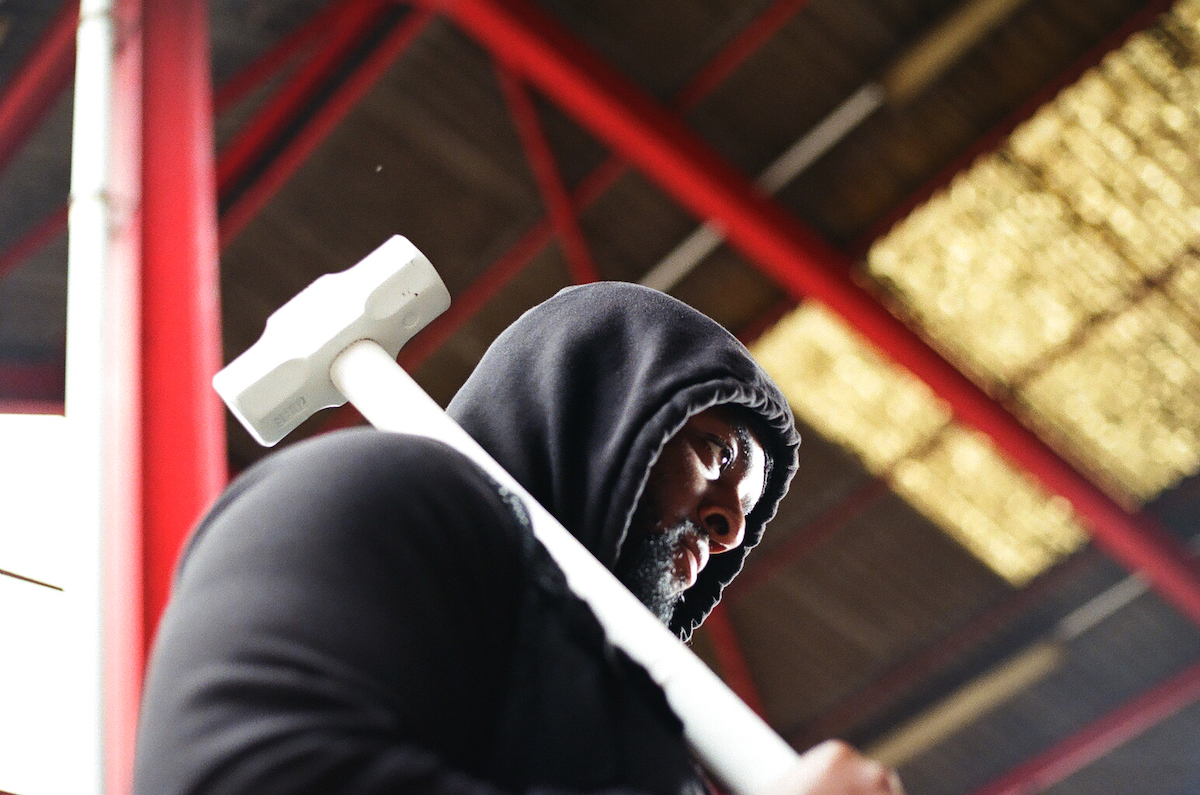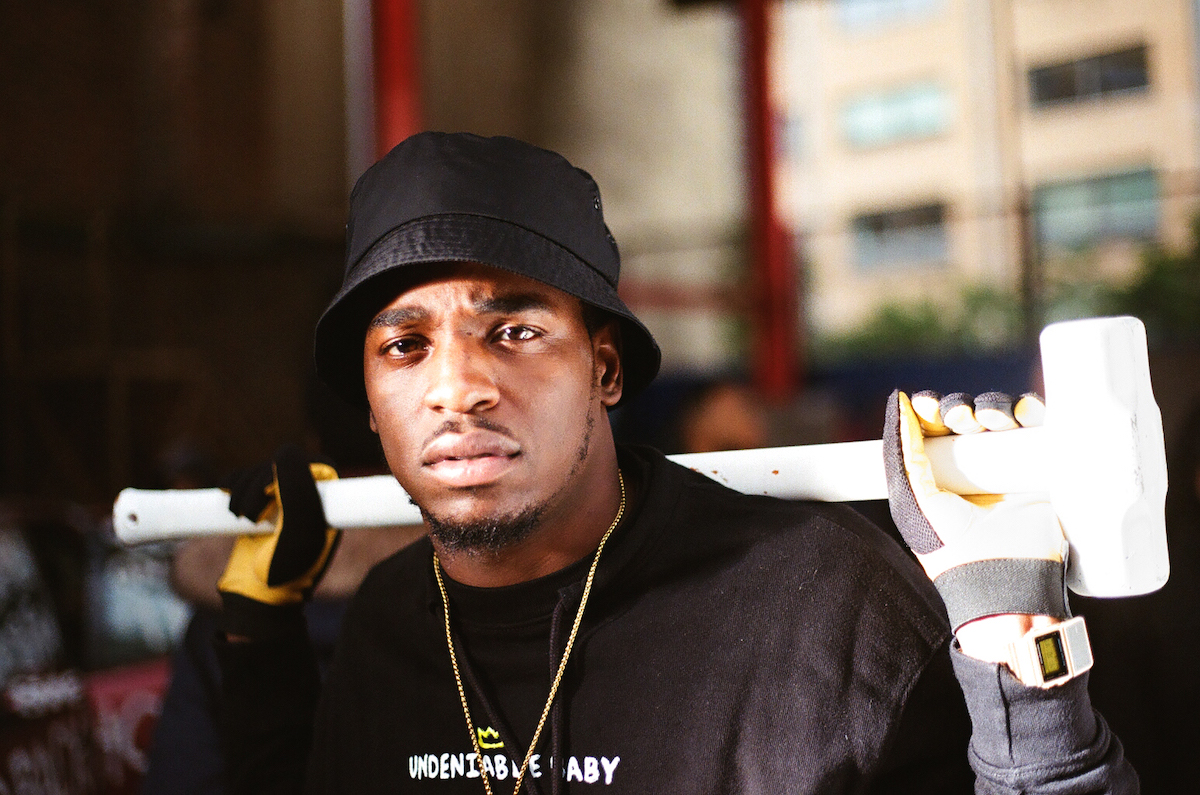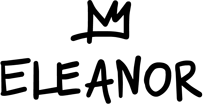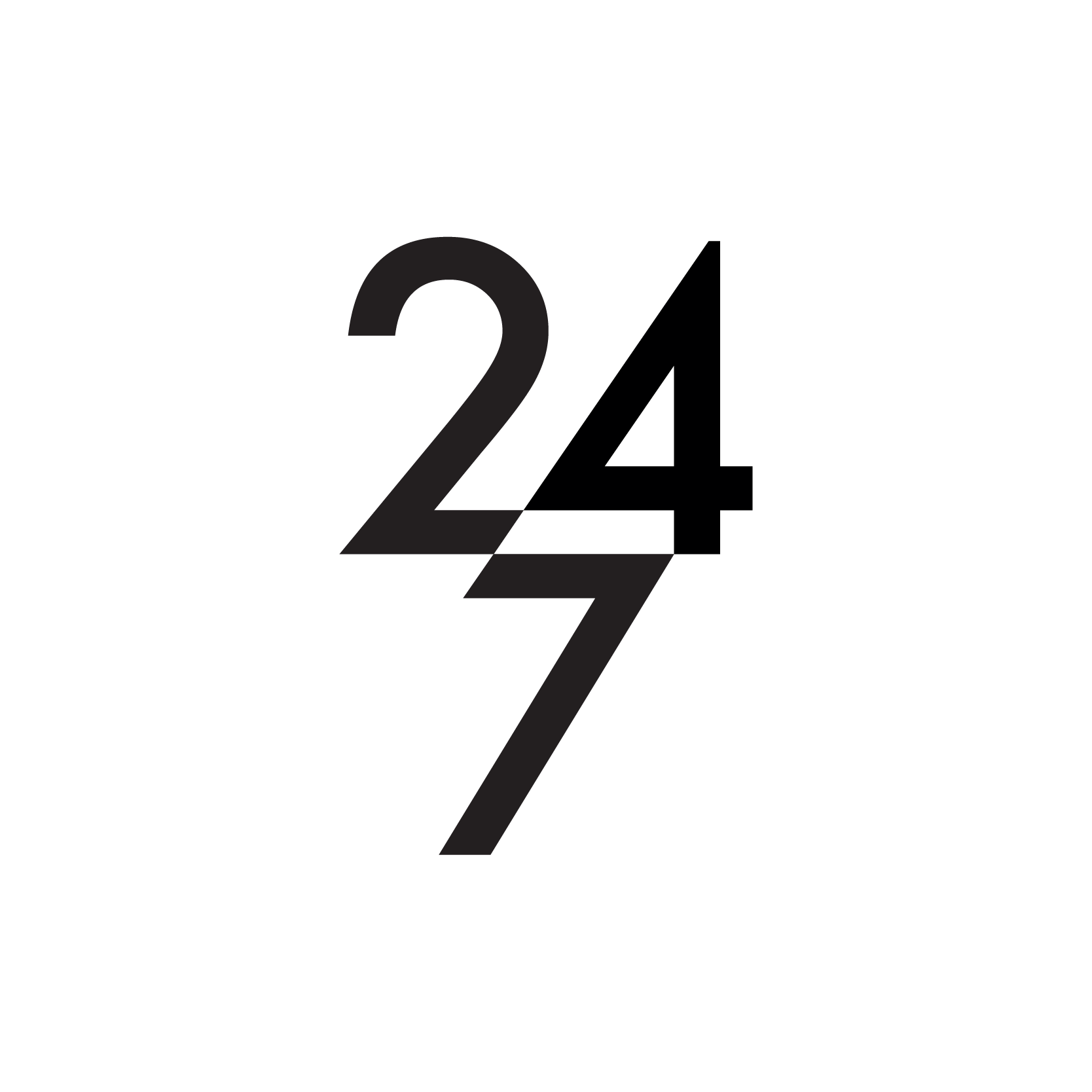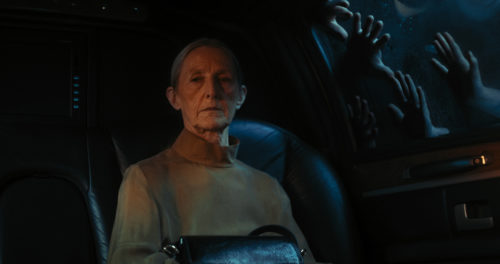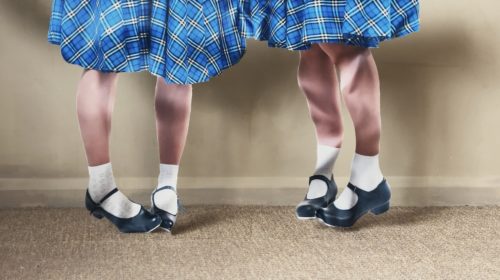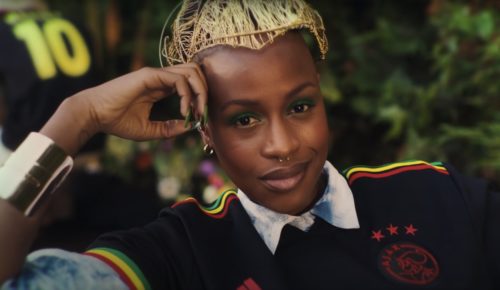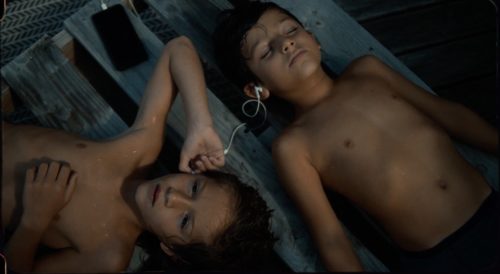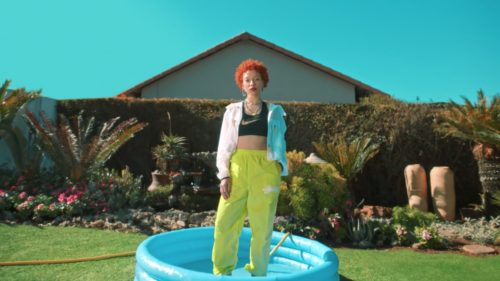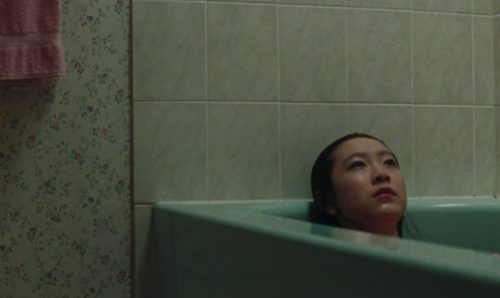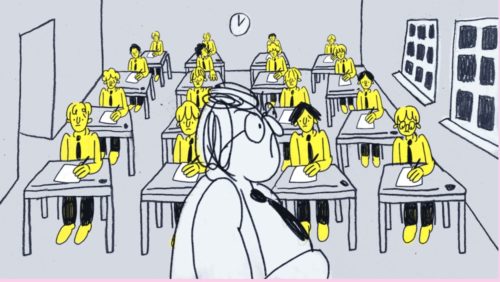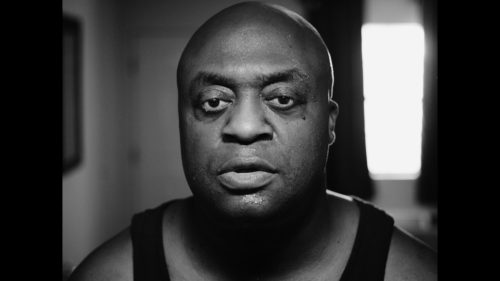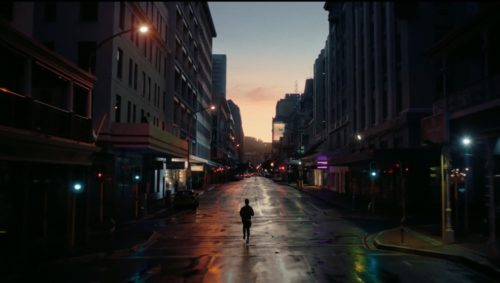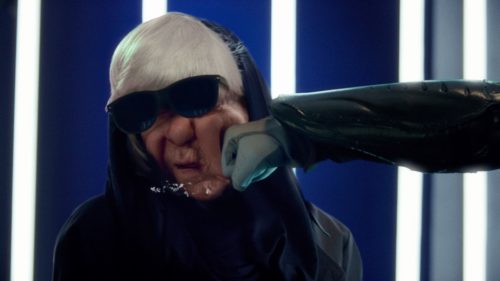With a background in architecture and currently working as a creative at MAL, what got you into filmmaking?
For as long as I can remember I’ve been in love with films and stories. I was one of those kids that thought everything you saw on screen really happened, until my brother taught me about green screens. Which blew my f**king mind. There’s me watching Superman 2 or The Matrix going “how sway?”. I looked up to those films. Then films like City of God and anime took me places culturally and mentally that I didn’t think film could. Politics, ethics, religion, love, psychology… all of it can be a film. I admired it all, until after a while I started to notice the absence of people like my family and mates on screen. In ads you see hints of it, but none of it ever felt right.
I just got so tired of talking about what other people created and how things weren’t authentic enough, that I decided to participate rather than be a spectator, taking control of my narrative and the narrative of people just like me.
Serious Tingz
In your first short film, Serious Tingz, you explore the concept of modern masculinity through a very specific prism – the ‘screwface’ – and how a seemingly simple facial expression can have far-reaching consequences. There’s been a huge amount of discussion around male mental health, toxic masculinity, and what it means to be a modern man in recent years: what did you hope to bring to the conversation?
That being masculine is flawed with inconsistent rules and logic. That if we don’t question or explore what things, they can become overwhelming points of tension. That’s what Serious Tingz is – an open letter to myself, now a man, trying to figure out what it means to be a man.
One of the most powerful moments in Serious Tingz is when the characters’ hardened expressions start morphing into smiles. You chose to street-cast the film for authenticity: how did you work with the cast to bring out those performances?
That’s the beauty in creating from an authentic place. I tried to really level with the cast and keep things really informal. Sometimes when people feel they need to act, they end up over-acting. In this case I wanted them to be their authentic selves and had to almost trick them into acting. Or in the case of Serious Tingz, smiling. Me and the crew had to make the cast laugh by throwing random jokes.
Damage Control
Your second short, Damage Control for C4’s Random Acts, highlights systemic racism by flipping the script on racial stereotypes. How far were you inspired by the events of this summer?
Strongly. Although it’s something we’ve dealt with for years, much like everyone else, this summer added fuel to the fire. We protested, which now feels like routine, but this was the first time where we weren’t having it from our white mates, colleagues and even the brands we subscribe to. There’s no room for fence sitters. It feels stupid even writing this, because this is something that should’ve been addressed by now, right?
For all its serious subject matter, the film contains moments of genuine – if shocking – humour, like the trickle of blood which turns out to be a spilled cappuccino. Did you envisage it as an ‘action comedy’ from the start?
Yes, I’m a huge fan of an animated series called The Boondocks. I don’t know how the writer Aaron McGruder is able to weave around such deep subject matter within such humour, but I left each episode laughing and having learnt something. I’d love to get to that level.
Damage Control
One of the most powerful comments on white accountability is the conversation at the end of the film between the group and their white mate, who turns up late, shrugs ‘it is what it is’ and is reluctant to get involved in dismantling the car because ‘that’s more your thing’. Why was it important to end the film on this note?
It was the main point of the whole film for me. The metaphor for the reality of the situation. Funnily enough, we actually had two endings, because we didn’t know how it would play out in the edit. It was a big tension point amongst the team and literally had us split. We could have ended on the crew watching their work, but that would be glorifying the struggle. Which feels way too familiar and, for me, isn’t changing the narrative.
Yes, we fight these things, but are we responsible for solving something that is clearly someone else’s problem with us? We’ve been fighting white people’s problems for so long it’s almost expected. There lies the ‘Habit and Contradiction’. Tim [the white friend] allowed us to offset the previous scenes by bringing us back to reality, where there needs to be accountability. Not allyship, but real accountability.
Both Damage Control and Serious Tingz are concerned with habits, systems and stereotypes: how they’re formed, how they calcify into a status quo, how they can ultimately be challenged or changed. As a filmmaker, what is it that interests you about this theme?
It’s interesting you picked up on that. I would say the main theme for my work will always be ‘Habits and Contradictions’ or ‘Action vs Intentions’. How we, as people, more often than not accept the status quo, even if it contradicts its purpose.
I’m interested in the ways people think. For instance, in Damage Control, how is racism a thing for the victims of it to solve? In Serious Tingz, how is vulnerability a sign of weakness; isn’t feeling like you can’t be vulnerable a weakness [in itself]? Isn’t it weird that fascists who think they are superior have to put down other races to feel superior? Isn’t that a sign that they ultimately feel inferior? It’s intriguing and it makes for good storytelling, because we, the audience, are subject to the same habits and contradictions that the characters face.
Damage Control
You’ve spoken before about how inner-city life is currently being captured/presented in quite a narrow way, with series such as Top Boy showing just one part of a multi-faceted reality. Having grown up in South London, what do you feel are the narrative perspectives that are missing?
There’s tons missing. That being said, Top Boy is phenomenal, and it’s only scratching the surface. Even I May Destroy You [is only scratching the surface]. What excites me is how big both of those shows are. They cover a lot, and we are only seeing a fraction of what can be told. London is literally a tale of many cities. No Londoner is a monolith. Black and brown people are not a monolith. I probably wouldn’t be able to scratch the surface of lived experiences, but that’s why more people need to tell their stories, and the stories of those around them.
What’s the appeal of short-form filmmaking for you, and do you have any plans to move into longer-form/feature films eventually?
I think what draws me to short form is that it’s the perfect medium to be creative without becoming caught up in the business of film. A sketchbook, where I can experiment and play with ideas, but also develop the rigour of crafting a story. What I love about shorts is that it can be anything you want it to be. There’s no rules. It doesn’t have to sell, get numbers and headlines. A short can just be a short. Better yet, just a film.
I’m cool moving at my own pace. The feature stuff will come. It’s a given. What’s more important to me is a POV. That’s my main goal. At this moment, I’m currently using each short to focus on a part of film I’m interested in. Each one focusing on one key skill that I aim to eventually combine for a feature and a series.
Interview by Selena Schleh
